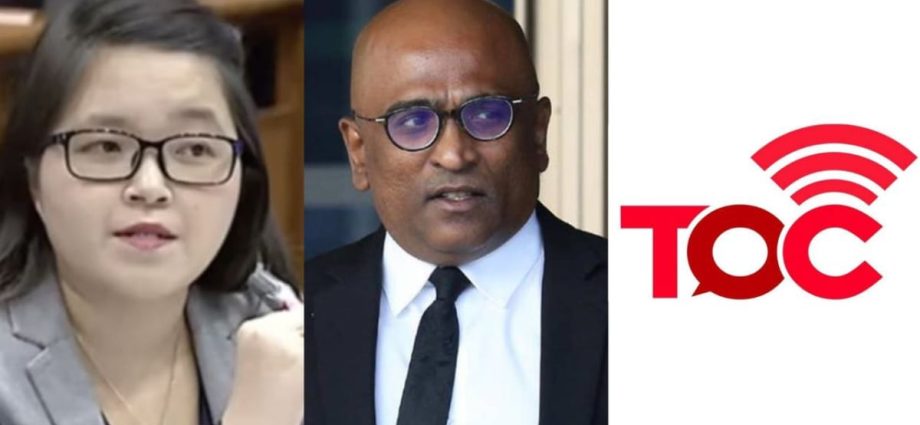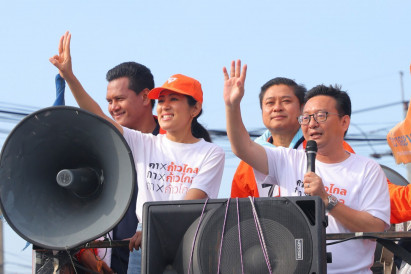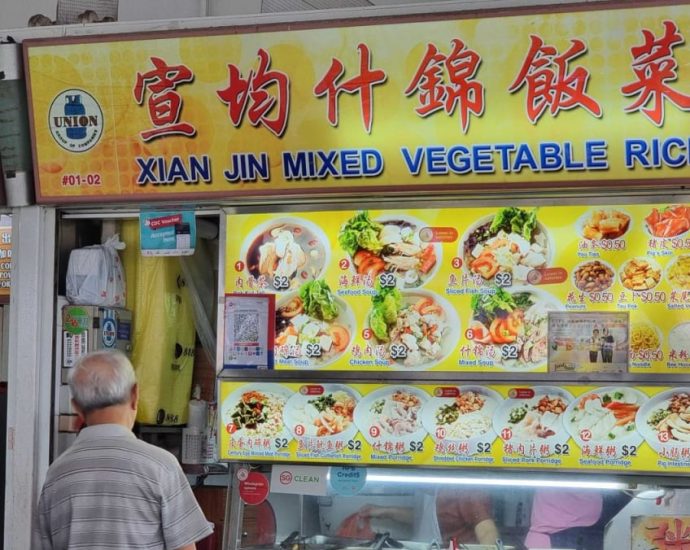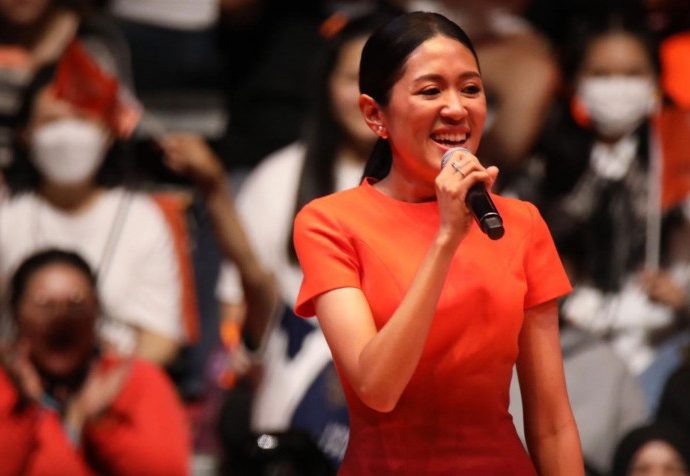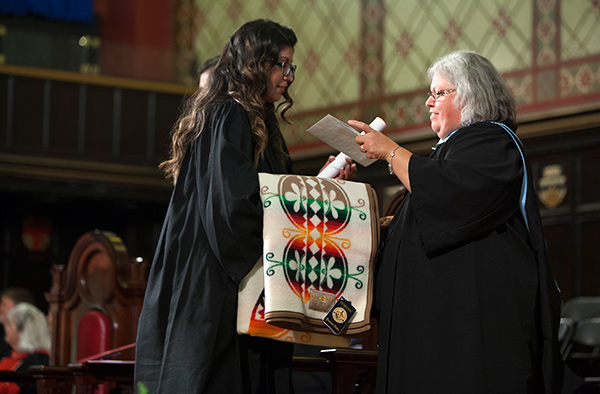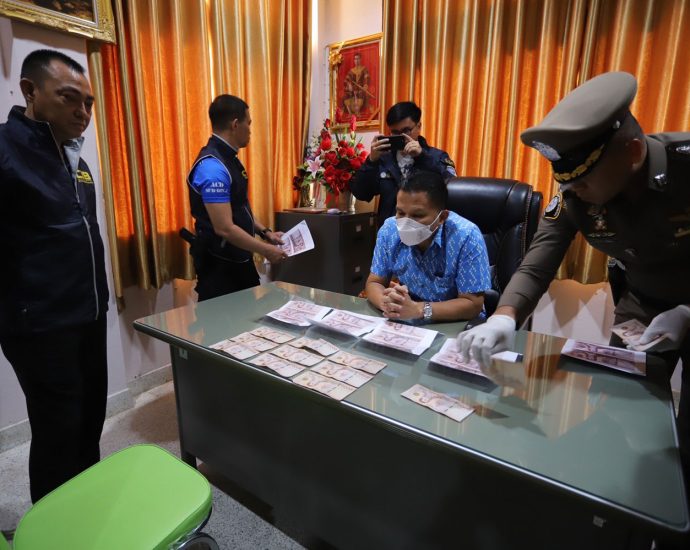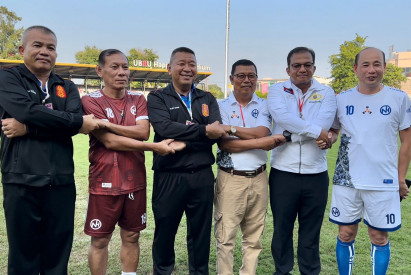Kirsten Han, M Ravi, TOC Asia issued POFMA correction orders over drug trafficker’s death sentence
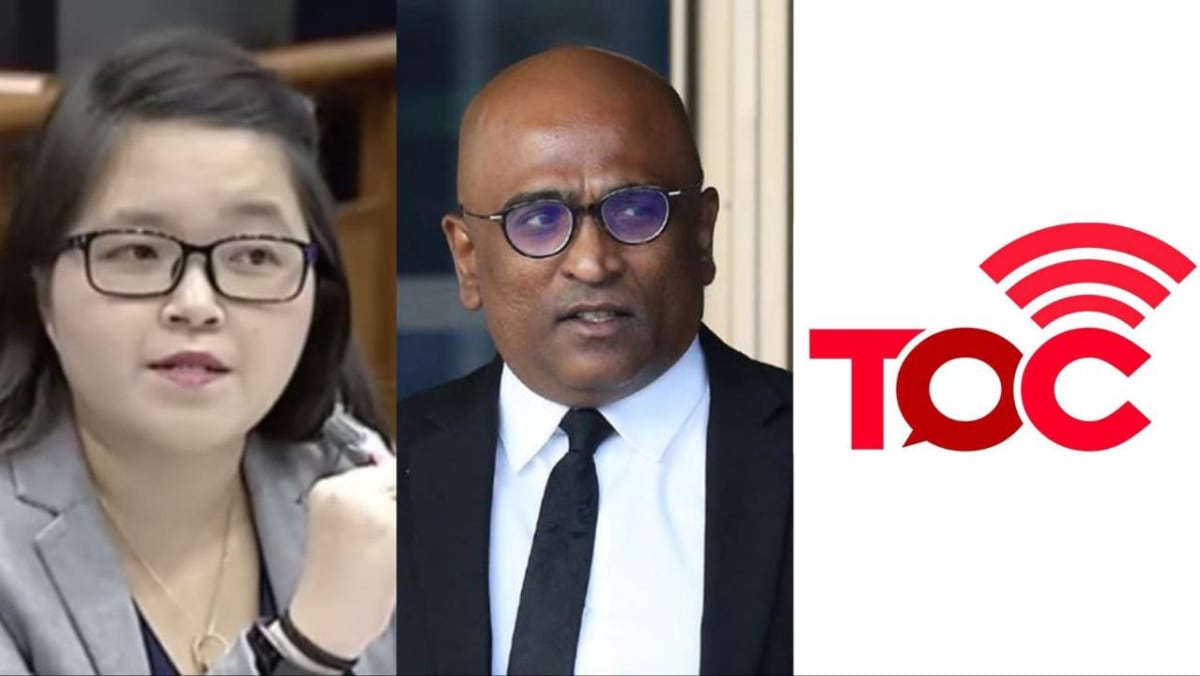
SINGAPORE: Correction directions under the Protection from Online Falsehoods and Manipulation Act (POFMA) have been issued to several parties over false statements made about the death sentence meted out to convicted drug trafficker Tangaraju Suppiah.
Under the POFMA order, activist Kirsten Han, lawyer M Ravi, Transformative Justice Collective (TJC), The Online Citizen Asia (TOCA) and TOC co-founder Andrew Loh are required to carry a correction notice alongside their publications, said the Ministry of Home Affairs (MHA) in a press release on Friday (May 19).
Singaporean Tangaraju, 46, was hanged on Apr 26 after being convicted of abetting the trafficking of more than 1kg of cannabis.
Ms Han made Twitter and Facebook posts concerning the death sentence on Apr 19, and published an article on her website, We The Citizens, on the same date. She also made another Facebook post on Apr 22.
Mr Ravi published two Facebook posts on Apr 20 and Apr 27, while TOCA published posts on Facebook, LinkedIn and Twitter on Apr 28, and an article on its website on the same date.
TJC made a Facebook post on Apr 23, while Loh published a Facebook post on Apr 24.
MHA said the social media posts and articles contained “false statements” about the capital sentence that was given to Tangaraju, including being denied an interpreter during the recording of his statement and that he was later found to be not guilty.
The posts and articles also said Tangaraju neither had an interpreter nor access to a lawyer during his trial.
“Tangaraju’s allegation that he requested for but was denied an interpreter during the recording of his statement is false, and was rejected by the High Court,” said MHA.
“The High Court found this bare allegation, raised for the first time during Tangaraju’s cross-examination, to be disingenuous given Tangaraju’s admission that he had made no such request for any of the other statements subsequently recorded from him.
“Tangaraju was accorded full due process under the law. He was represented by legal counsel and had access to an interpreter throughout his trial.”
The ministry added that the false statements included how Tangaraju was not informed that Justice of the Court of Appeal Steven Chong was the Attorney-General when decisions were taken by the Attorney-General’s Chambers in respect of the case.
“Tangaraju’s then counsel was informed, before the appeal was heard, that Steven Chong was the Attorney-General when decisions were taken in respect of his case,” MHA said.
“Steven Chong was not, however, involved in the decision-making process, and Tangaraju’s then-counsel was informed of this as well.
“Tangaraju’s then counsel had replied to confirm that Tangaraju had no objections to Steven Chong JCA being a member of the coram for the Court of Appeal, to hear his appeal.”
MHA said that Tangaraju’s conviction was upheld by the Court of Appeal and was not overturned.
The ministry also refuted the posts that claimed several personal costs orders were made against Mr Ravi without justifiable basis, to penalise him for his work in death penalty cases.
Some of the cost orders were made in respect of him filing “unmeritorious applications to the courts”, which were found to be abuses of the court process, the ministry said.
MHA noted that despite the government’s clarifications and the courts’ findings of the case involving Tangaraju, the five parties have continued to make false statements.
These false statements may affect public trust and confidence in the government and the judiciary, the ministry added.

